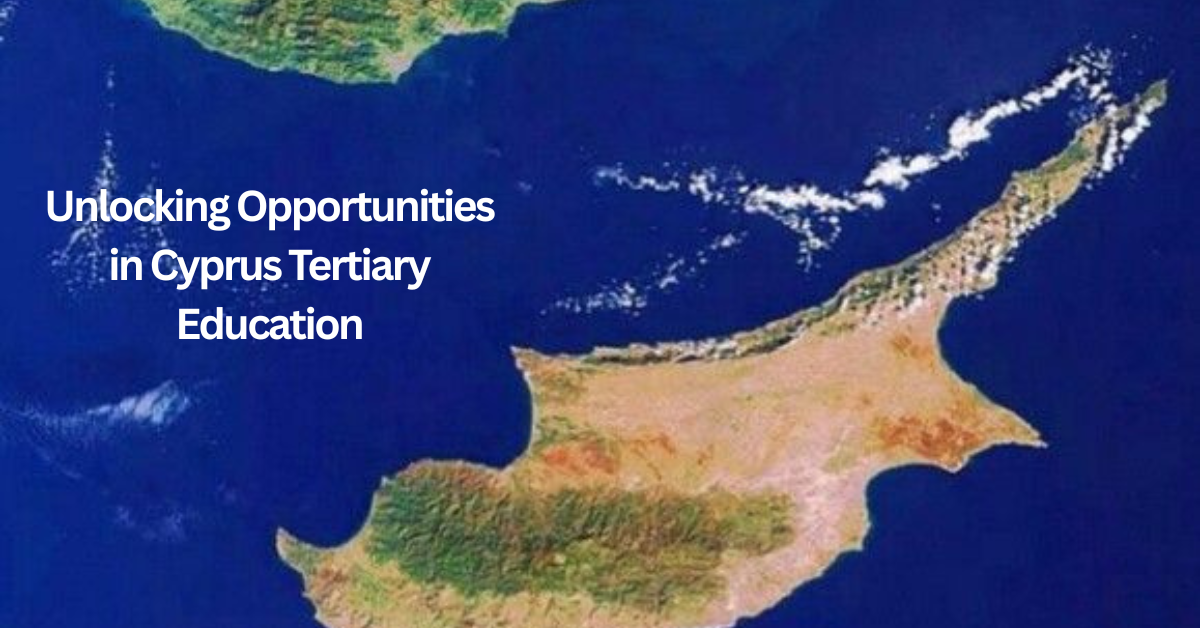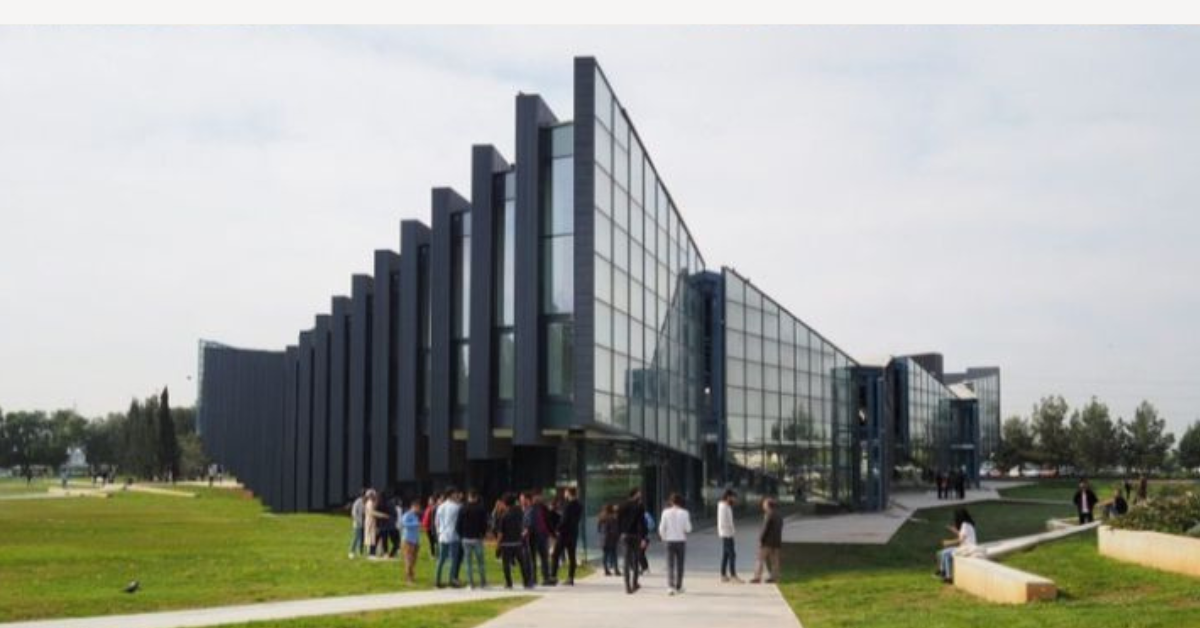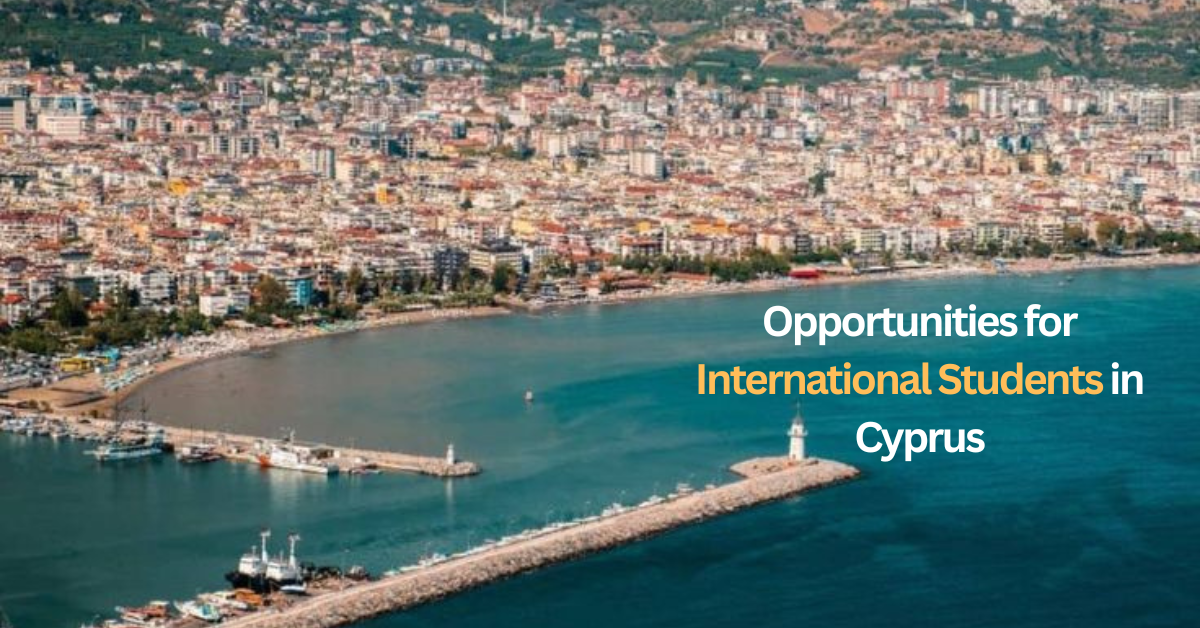Education is the cornerstone of progress, and Cyprus has emerged as a vibrant hub for learning beyond secondary school. The island blends cultural richness, international influences, and academic innovation, creating a welcoming environment for learners who aspire to advance their studies. Cyprus tertiary education has been steadily growing in recognition, attracting not only local students but also international learners seeking quality education in a safe and inspiring setting.
At Cyprus Magazine, we explore how this growth reflects the country’s commitment to global education standards. From dynamic universities to specialized colleges and vocational institutes, Cyprus tertiary education provides diverse pathways tailored to the ambitions of every learner. The island’s unique positioning as a bridge between Europe, the Middle East, and Africa makes it an attractive destination for those who want to combine academic excellence with an enriching lifestyle.
The Rising Appeal of Cyprus Tertiary Education
Cyprus has positioned itself as an educational hub where academic quality meets accessibility. The tertiary education sector encompasses universities, colleges, and vocational training centers, each contributing to a holistic system designed to nurture knowledge, skills, and innovation. International students are drawn to Cyprus not only because of the academic programs but also due to the island’s safe environment, English-language offerings, and multicultural community.
Higher Learning in a Global Context
Cyprus universities follow European standards, aligning their courses with the Bologna Process, which ensures compatibility across the European Higher Education Area. This alignment means qualifications earned in Cyprus are recognized across borders, a key advantage for graduates who plan to pursue careers internationally. Partnerships with universities abroad further strengthen the academic profile of Cyprus tertiary education.
Universities Leading the Way
Public and private universities in Cyprus offer a range of disciplines such as business, engineering, law, medicine, and the arts. Private institutions often specialize in niche fields, while public universities maintain broad and research-driven programs. The variety ensures that students can pursue education that matches both their career aspirations and personal interests.
The Role of Private Colleges and Institutes
Private colleges play an essential role in Cyprus tertiary education. They provide flexible and practical programs that are often industry-oriented. Many collaborate with international universities to deliver joint degrees or offer recognized certifications that enhance employability. Their strong links with local industries ensure that graduates leave with skills aligned with market needs.
Vocational and Technical Education
Alongside universities and colleges, vocational institutes prepare students for professions that require practical expertise. These institutions emphasize hands-on learning, making them vital for industries such as tourism, hospitality, and technology. For many learners, vocational pathways are a gateway to immediate employment opportunities.
Student Life in Cyprus: More Than Academics
Pursuing tertiary education in Cyprus is not limited to lectures and textbooks. The island offers a lively student lifestyle, blending cultural traditions with modern opportunities. From historic sites to Mediterranean beaches, students experience a rich environment beyond the classroom.
Cultural Enrichment for Students
International students often highlight Cyprus’s welcoming atmosphere. The blend of local traditions, global influences, and vibrant student communities fosters an inclusive environment where cultural exchange thrives. Students gain global awareness alongside academic achievements.
Opportunities Beyond Graduation
Graduates from Cyprus institutions often find themselves well-positioned for success in global markets. Employers recognize the rigor of Cyprus tertiary education, and many universities have strong career support services. For those who wish to remain in Cyprus, the growing economy in sectors such as tourism, technology, and finance presents ample opportunities.
Pathways to Global Careers
Since Cyprus degrees are widely recognized across Europe and beyond, graduates benefit from mobility in their professional journey. Whether entering multinational corporations, pursuing postgraduate research, or starting entrepreneurial ventures, alumni of Cyprus tertiary education find doors open worldwide.
How Cyprus Supports International Students
Cyprus provides a structured support system for international learners. Universities often maintain dedicated offices to guide students through admissions, accommodation, and cultural adaptation. English as a medium of instruction in many programs further reduces barriers for students from different backgrounds.
Affordable and Accessible Education
Compared to other European destinations, Cyprus offers a more affordable cost of living and tuition. This accessibility broadens opportunities for students who seek quality education without financial strain. Scholarships and funding options add further incentives.
Steps to Pursue Education in Cyprus
For those considering tertiary studies in Cyprus, the process is straightforward yet rewarding. It involves:
- Researching institutions and programs that align with career goals.
- Preparing necessary documents such as academic transcripts and language proficiency certificates.
- Submitting applications directly to universities or colleges.
- Exploring accommodation options near campuses.
- Engaging in orientation programs upon arrival to adapt smoothly.
Comparative Snapshot: Cyprus vs Other Destinations
| Feature | Cyprus | Other European Countries |
| Tuition Fees | Affordable and flexible | Often higher |
| Medium of Instruction | English widely available | Varies, often limited |
| Student Lifestyle | Mediterranean and multicultural | Diverse but sometimes costly |
| Recognition of Degrees | European-wide compatibility | European-wide compatibility |
| Living Costs | Moderate and student-friendly | Higher in most regions |
Frequently Asked Questions
What is tertiary education in Cyprus?
Tertiary education in Cyprus refers to studies beyond secondary school, including universities, colleges, and vocational institutions offering specialized programs.
Are degrees from Cyprus recognized internationally?
Yes, Cyprus follows European Higher Education standards, making qualifications recognized across Europe and beyond.
Is education in Cyprus affordable for international students?
Compared to many European destinations, Cyprus offers affordable tuition and living costs, making it attractive for global students.
Can students work while studying in Cyprus?
Yes, international students are allowed to work part-time under regulated conditions, especially in industries like hospitality and services.
What languages are used in Cyprus tertiary education?
Many programs are taught in English, alongside Greek, making it accessible for international learners.
Conclusion
Cyprus tertiary education is more than just academic instruction; it represents opportunity, inclusivity, and global relevance. With internationally recognized qualifications, a vibrant student lifestyle, and pathways to meaningful careers, the island continues to rise as a preferred educational destination. At Cyprus Magazine, we believe the story of education in Cyprus is one of growth and promise, shaping futures in ways that extend far beyond the classroom.




